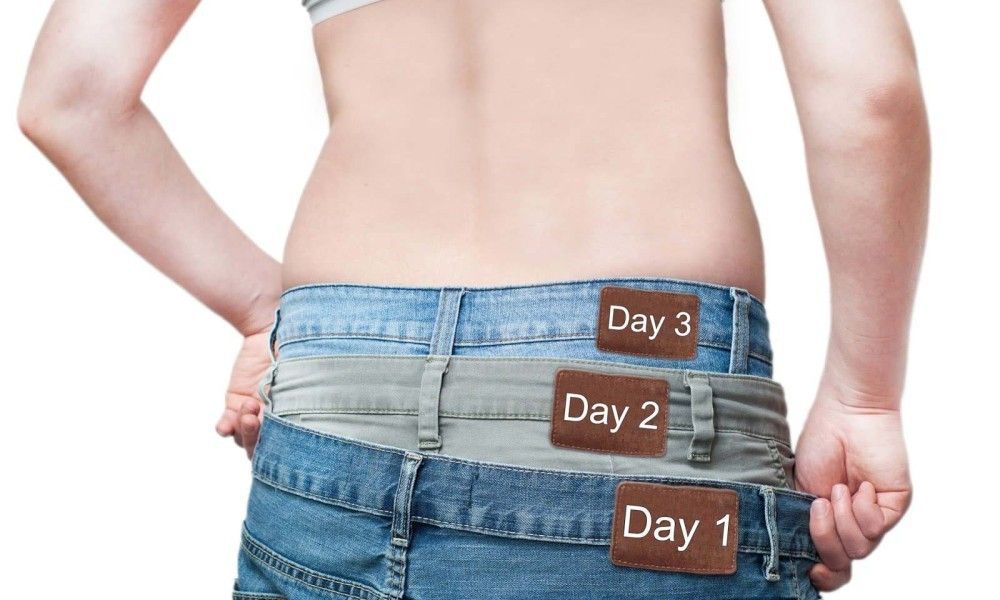Each person’s body responds uniquely to weight loss efforts, influenced by their genetic makeup, metabolism, and overall body composition. Differences can help create more effective and personalized approaches to achieving health goals. Each type comes with distinct physical characteristics and metabolic tendencies that affect how the body responds to weight loss interventions. At medical weight loss specialists understand that ectomorphs, characterized by their naturally lean build and fast metabolism, often struggle to maintain weight rather than lose it. These individuals typically have longer limbs and narrower frames and find it challenging to build muscle mass.
Mesomorph body type response
Mesomorphs, with their athletic build and efficient metabolism, tend to respond most favourably to weight loss efforts. Their bodies naturally maintain a balance between muscle and fat, making weight management more straightforward.
Approach at Medical Weight Loss Lancaster, CA helps mesomorphs optimize their natural advantages while addressing any specific challenges they might face in their weight loss journey. These individuals often see results relatively quickly when following a structured program.
Endomorph response patterns
Endomorphs typically face the most significant challenges in weight loss due to their slower metabolism and natural tendency to store fat. Their bodies are generally larger-framed with more muscle mass, but they also tend to carry more body fat.
Metabolic differences and weight loss
Metabolic variations between body types helps create more effective weight management strategies. Each type processes nutrients differently and requires specific approaches to achieve optimal results:
- Ectomorphs need careful caloric balance
- Mesomorphs benefit from balanced nutrition
- Endomorphs require precise macro tracking

Hormonal influences on body type responses
Hormones play a crucial role in how different body types respond to weight loss efforts. Factors like insulin sensitivity, thyroid function, and cortisol levels vary among body types and significantly impact weight management success.
Exercise response variations
Different body types respond uniquely to various forms of exercise:
- Ectomorphs benefit from strength training
- Mesomorphs adapt well to diverse workout styles
- Endomorphs excel with combined cardio and resistance training
Nutritional considerations for each type
Dietary needs vary significantly among body types:
- Ectomorphs often need higher caloric intake
- Mesomorphs require balanced macronutrients
- Endomorphs benefit from lower-carb approaches
Adaptation periods and plateaus
Each body type experiences different adaptation periods and plateau patterns during weight loss. Recognizing these patterns helps in adjusting strategies effectively and maintaining progress.
Customizing approaches for optimal results
Success in weight management requires tailoring approaches to individual body types:
- Personalized exercise programs
- Customized nutrition plans
- Targeted supplementation when needed
Monitoring and measuring progress
Different body types may require various methods of progress tracking:
- Body composition analysis
- Circumference measurements
- Progress photos
- Performance metrics
Common challenges and solutions
Understanding typical obstacles for each body type helps develop effective solutions:
- Ectomorphs – maintaining muscle mass
- Mesomorphs – avoiding overtraining
- Endomorphs – managing metabolic efficiency
While body types are largely determined by genetics, environmental factors and lifestyle choices significantly influence how each type responds to weight management efforts. Type’s unique response to weight loss efforts is crucial for developing effective strategies. While each type faces distinct challenges, success is achievable through personalized approaches that consider individual characteristics and needs.
Related posts
Categories
Recent Posts
Advertisement


